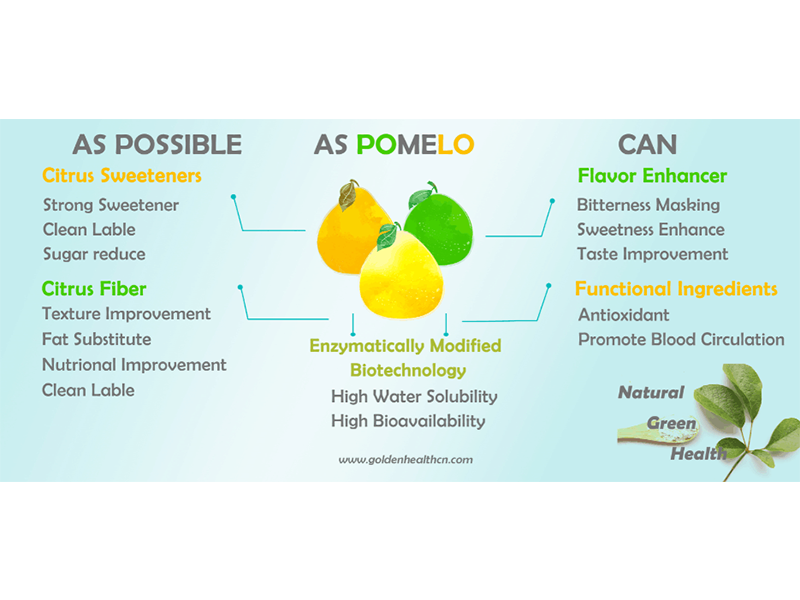The difference between sweetener, cyclamate and stevia
sweetener is a general term for substances that can impart sweetness to food. Generally speaking, sweetener can be divided into nutritional sweetener and non-nutritive sweetener. The former has the same sweetness as sucrose, and the calories produced are 2% higher than that of sucrose, mainly including various sugars and sugar alcohols, such as glucose, fructose, isomerized sugar and maltitol; The latter has the same sweetness as sucrose, and the heat produced is less than 2% of the heat produced by sucrose, which generally includes natural sweeteners such as licorice, stevia and mangosteen, and sodium saccharin, cyclamate, acesulfame, and sweetness Synthetic sweetener, which is an additive to change sweetness
Harm: Because of the excessive use of saccharin and some food labels, the use of saccharin is not indicated, or even the label is sugar. The actual use of saccharin to make huge profits is harmful to the health of consumers and seriously infringes on the interests of consumers. Around some elementary and middle schools, there are various small food stalls selling all kinds of snacks and beverages, such as soft drinks, ice cream, and plums. These low-value snacks can easily attract elementary and middle school students to buy. However, these products, which have no production standards and no label and provenance, basically contain saccharin. Long-term use can cause malnutrition of young people. Individuals may have anorexia behavior, which interferes with young people’s intake of nutrients from normal diets, which is harmful to young people’s bodies. Negative effects on development.
2. The full name of sodium cyclamate is called "sodium cyclamate", which is a kind of sweetener with high sweetness. The sweetness of this material is generally about 40-50 times that of sucrose, which is generally widely used in food and beverage manufacturing. The sweet substance. But this substance is unhealthy, and the use of this sweet additive is currently banned.
3. Steviol is a new type of natural sweetener extracted from the Asteraceae herb Stevia. It has the characteristics of high sweetness and low heat energy. The sweetness of steviol is 200-300 times that of sucrose, but its calorific value is only sucrose. 1/300 of it, proved by a large number of drug experiments that stevia has no toxic side effects, no carcinogens, safe to eat, regular consumption can prevent high blood pressure, diabetes, obesity, heart disease, dental caries and other diseases. It is a very good alternative to sucrose. The ideal sweetener. Stevia can be widely used in food, beverage, medicine, daily chemical, wine, cosmetics and other industries, and it can save 60% of the cost compared with sucrose. Stevia also has health-care properties and is a good health-care sweetness additive.

